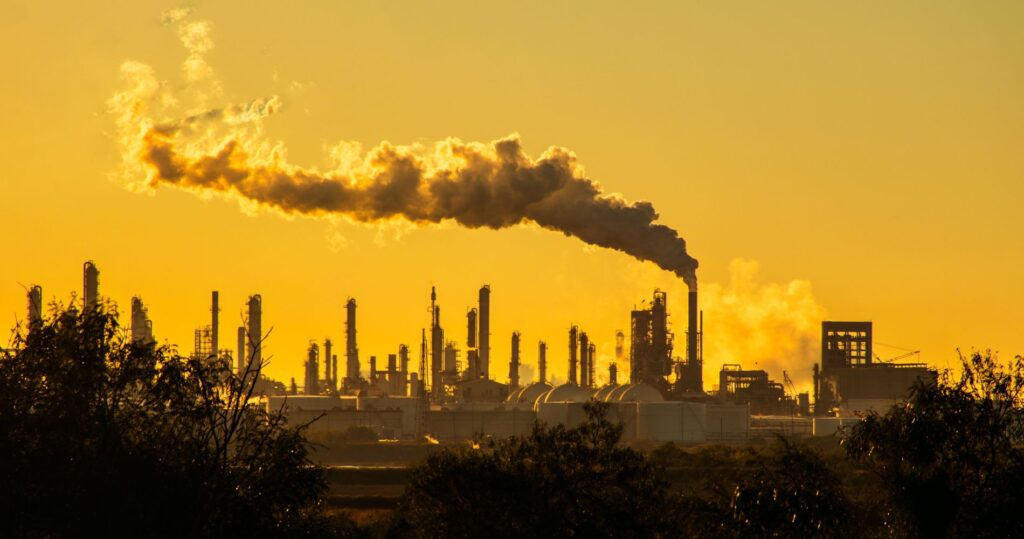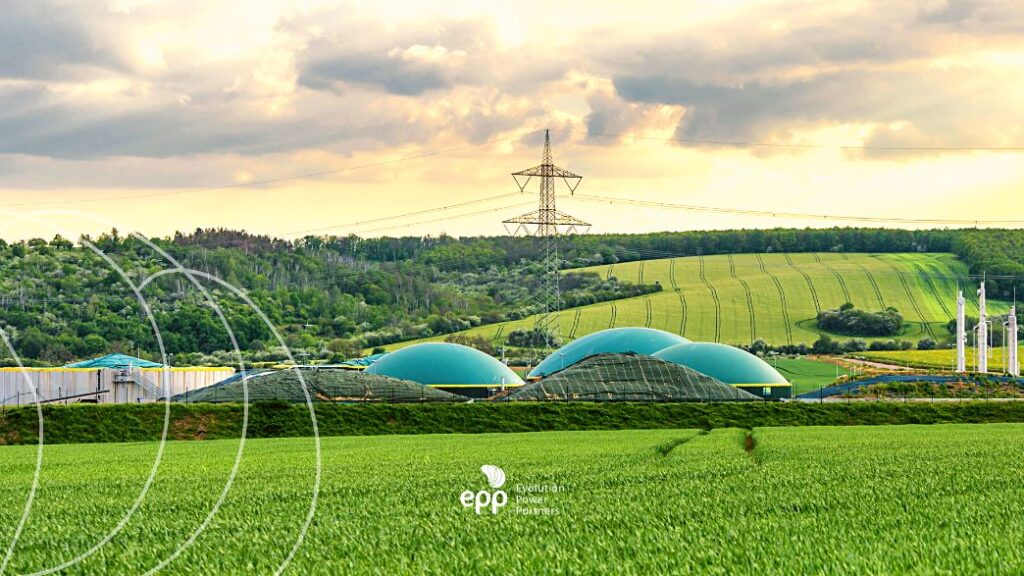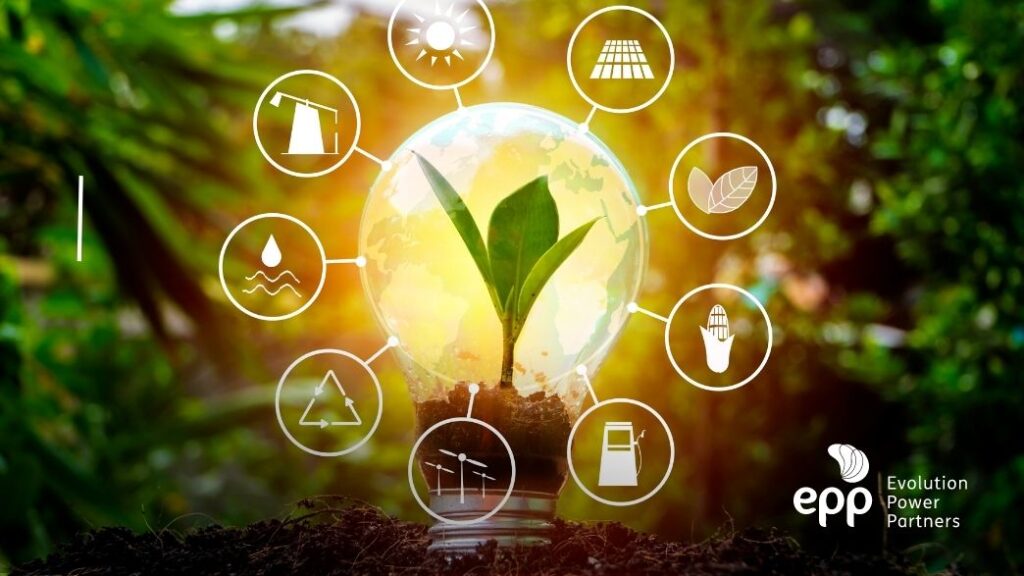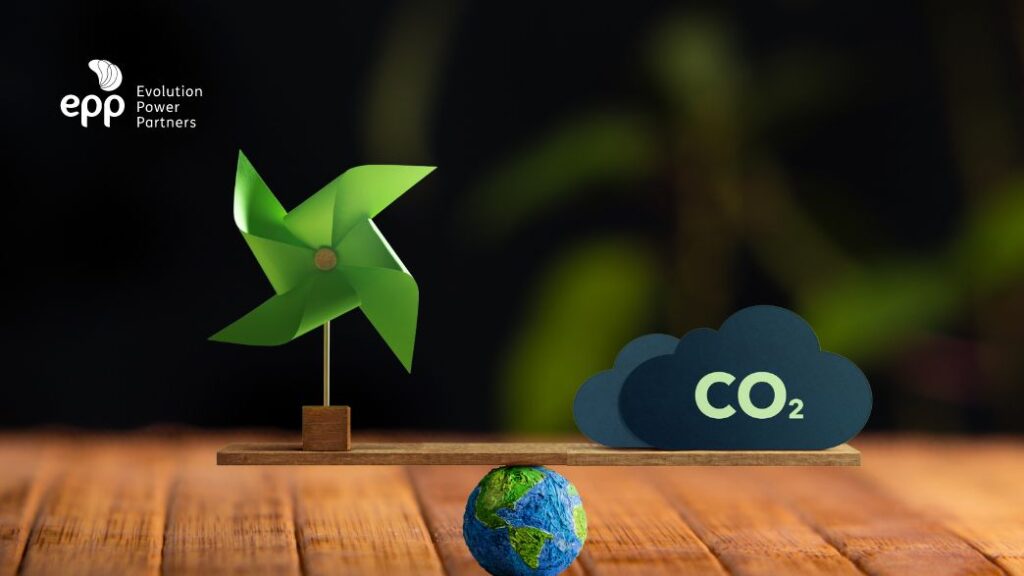ESG, standing for Environmental, Social, and Governance, is an increasingly relevant approach in corporate and investment decisions. These criteria are essential for assessing a company’s commitment to sustainable and responsible practices, indicating a global movement towards more conscious and ethical operations. The Environmental pillar of ESG focuses on business practices related to environmental sustainability, which […]
As the world becomes more aware of the environmental and social impacts of its actions, the Brazilian logistics sector is at the forefront of adopting ESG (Environmental, Social, and Governance) practices. This article addresses the innovations and challenges faced by the sector, with a special look at the contribution of sustainable initiatives such as the use of biomethane.
In 2023, energy transition and ESG practices have become central. Climate changes intensify extreme phenomena, demanding actions like decarbonization. CFOs, previously focused only on finances, are now pivotal in the transition, assessing emissions and energy efficiency. Brazil invests in renewable energies but faces regulatory challenges. Green hydrogen emerges as a solution, with Brazil poised to lead its production. Transition and ESG practices are imperative for a sustainable future.
Climate change is forcing companies to rethink their business models, with an increasing focus on clean energy and ESG (Environmental, Social and Governance) practices. The risk is clear, with extreme weather events costing the global economy $313 billion in 2022. Companies across industries are adapting their operations, from transitioning to wind and solar power to investing in water reuse systems and more weather-resistant equipment. climate. This transformation is linked to ESG, where environmental consideration has become a critical factor. The electricity sector is an example of rapid adaptation, with companies such as Enel drastically changing their business plans over the last decade, focusing on renewable energy generation.
In 2022, even with increased energy demand in some countries, emissions from the energy sector are expected to decrease. The data is from the International Energy Agency (IEA) Electricity Market report, which points to a drop in overall global electricity demand of 2.4%. Thus, the values should pull emissions from the energy sector down, pointing to a decline of 0.5%.
Part of the large Brazilian companies have already understood the importance and relevance of ESG goals within organizations. Increasingly, environmental, social and governance issues become priorities with internal changes and even compensation programs for executives linked to the achievement of goals.








